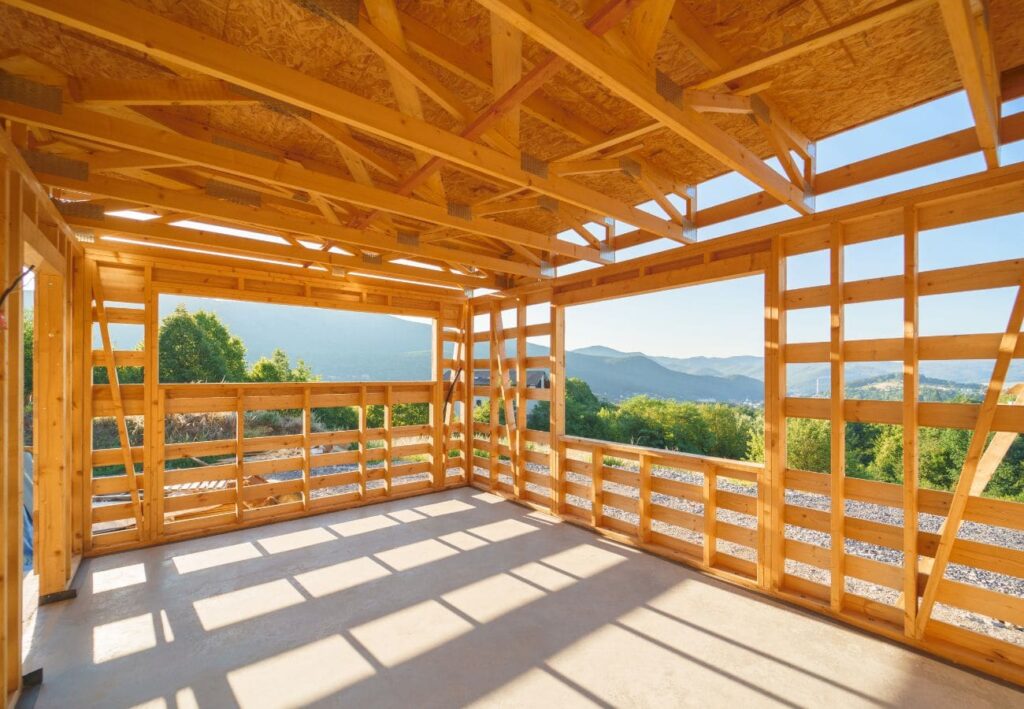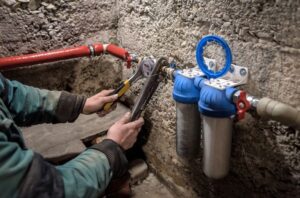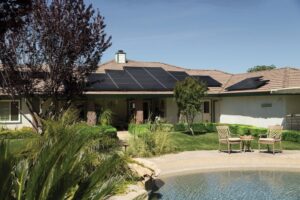In a world increasingly conscious of its ecological impact, the trajectory of construction practices is transforming toward a more sustainable future. As resource depletion and climate change issues intensify, the construction industry finds itself at a crossroads, compelled to embrace innovative strategies that mitigate its impact. As architects, engineers, contractors, interior designers, and home builders, the collective responsibility lies in steering the course of construction toward a greener and more responsible direction.
Sustainable house construction is emerging as a beacon of hope in this endeavor as an embodiment of this transformation. These advantages collectively redefine how we build our homes and the broader perspective of interacting with our environment.
Sustainable house construction shapes a future where comfort, aesthetics, and environmental harmony coalesce. In the quest for a more conscientious and resilient built environment, understanding these advantages is paramount to building a greener, more sustainable tomorrow.
1. Energy Efficiency
Energy efficiency lies at the core of sustainable house construction, drastically reducing the carbon footprint. This principle is rooted in intelligent design and strategic insulation, ensuring minimal heat loss or gain.
Integrating advanced construction quotes, energy-efficient appliances, and well-sealed windows fosters an airtight living space, slashing the demand for constant heating or cooling.
Such conscientious planning curtails energy consumption and translates into tangible savings for homeowners. For professionals in home building, understanding the interaction between construction practices and energy efficiency is paramount. It is a cornerstone that harmonizes responsible living with innovation and cost-effectiveness.
2. Renewable Energy Integration
Integrating renewable energy sources is a hallmark of sustainable house construction, poised to redefine the architectural landscape.
This innovative approach capitalizes on solar panels, wind turbines, and geothermal systems, converting homes into self-sufficient power generators. Solar panels transform sunlight into usable electricity, reducing dependency on conventional grids.
Wind turbines, leveraging nature’s force, contribute to cleaner energy production. Geothermal systems tap into Earth’s heat for heating and cooling needs.
This symbiotic relationship between technology and nature curbs reliance on fossil fuels and paves the way for resilient homes capable of weathering energy crises.
3. Water Conservation
Water conservation is a pivotal facet of sustainable house construction, resonating with the pressing need to manage Earth’s precious resources. Through ingenious design and modern technologies, homes can dramatically curtail water usage. Dual-flush toilets, low-flow fixtures, and rainwater harvesting systems exemplify this commitment. These elements mitigate excessive water wastage, thereby alleviating strain on local water supplies.
By incorporating such water-conscious features, professionals contribute to sustainable living that safeguards the environment and promotes responsible resource utilization. The intersection of construction ingenuity and water conservation empowers stakeholders to construct homes and foundations for a water-secure future.
4. Reduced Waste Generation
Efficient waste management within sustainable house construction underscores a commitment to minimizing environmental impact. Waste generation is significantly reduced through judicious use of recycled materials, focusing on deconstruction and recyclability. Implementing contractors estimating software streamlines the process, aiding in accurate material planning and reducing excess.
This cohesive approach aligns with the broader goal of sustainable living, emphasizing a circular economy where resources are conserved and repurposed.
Home builders, interior designers, architects, contractors, and engineers collectively wield the power to shape construction practices that transcend mere structures. Professionals forge toward a more responsible, eco-conscious industry by embracing comprehensive waste management strategies.
5. Improved Indoor Air Quality
Sustainable house construction prioritizes indoor air quality, fostering healthier living. By employing non-toxic, low-VOC materials and robust ventilation systems, professionals create spaces that minimize indoor pollutants, benefiting occupants’ health and well-being.
Remodeling estimate software enhances this process by facilitating accurate material selection and planning, enabling professionals to prioritize environmentally friendly options.
The interplay between construction choices and indoor air quality can redefine living spaces as comfort and health havens. The industry’s collective expertise harmonizes with innovative tools to deliver homes championing wellness and sustainability.
In a world increasingly attuned to environmental concerns, the benefits of sustainable house construction shine resolutely. By embracing these eco-friendly principles, they collectively shape a landscape where homes harmonize with nature, promoting well-being and sustainability for future generations.
The journey towards responsible living starts within the walls we build, reflecting a commitment to a more vibrant and enduring planet.





